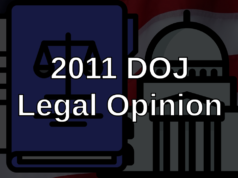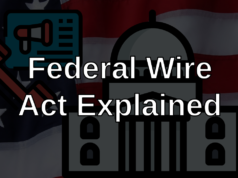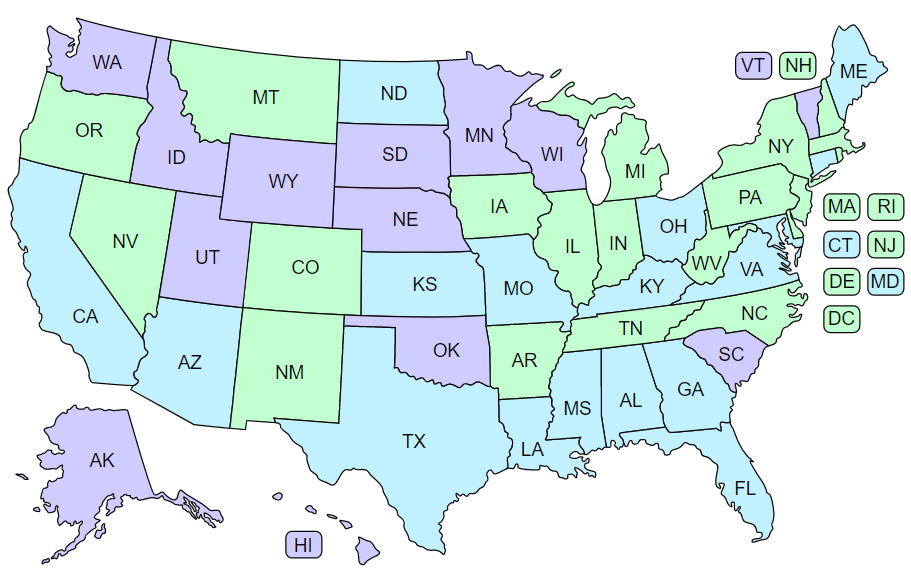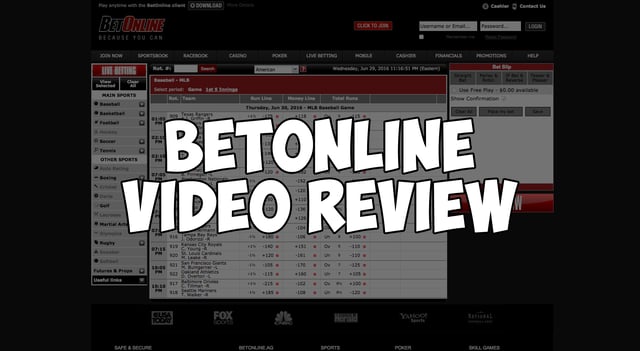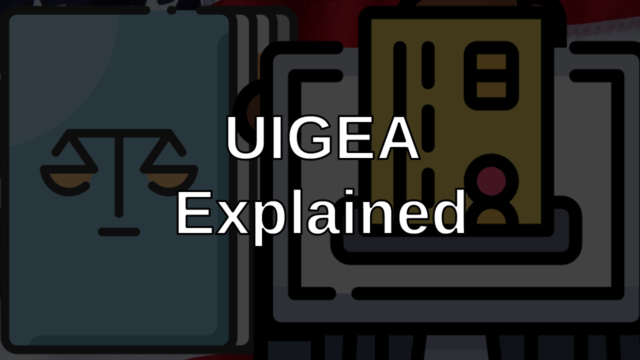
The Unlawful Internet Gambling Enforcement Act is a 2006 federal law that prohibited U.S. financial institutions from knowingly accepting and processing payments from online gambling sites. This bill carries a high level of controversy due to the manner in which it was focused through Congress. We will provide you with a brief history of UIGEA and how it affects American bettors.
UIGEA: Unlawful Internet Gambling Enforcement Act
Representative Jim Leach of Iowa introduced the Internet Gambling Prohibition and Gambling Enforcement Act on November 18th, 2005. The intent of this legislation was to target the payment processors used for illegal online gambling. Leach’s bill redefined terms of the 1961 Federal Wire Act including expanding the definition of bet or wager to include any game that is subject to chance. The purpose of this was to ensure the bill applied to online poker. The Internet Gambling Prohibition and Gambling Enforcement Act was approved by the House of Representatives on July 11th, 2006.
UIGEA Controversy
The Unlawful Internet Gambling Enforcement Act stalled when it reached the Senate. Proponents of the bill decided to sneak it through by attaching it to the end of the SAFE Port Act. This was a piece of must-pass legislature that provided counter terrorism funding. The problem was that it had nothing to do with gambling regulation. The SAFE Port Act passed by unanimous vote on the last session of Congress before the 2006 mid-term elections. No one wanted to appear weak on terrorism prior to the elections. The UIGEA sneaked through despite none of Congress reading it’s final language.
What is UIGEA?
Despite controversy the UIGEA was put into law when President George W. Bush signed the SAFE Port Act on October 13th, 2006. This piece of gambling legislation targeted unlawful betting sites and their financial institutions. The Act makes it illegal for online gambling businesses to knowingly accept payments from another person for unlawful Internet gambling. Regulations are given authority to identify and block transactions that are being sent to unlicensed betting sites. It also granted the federal government permission to force internet service providers to terminate hosting of unlawful gambling sites.
How does UIGEA affect US bettors?
The Act specifically targets betting sites and their financial institutions. There are no federal laws that prevents Americans from using offshore sportsbooks. When UIGEA went into effect many betting sites withdrew from the US market. Some of them returned after investing in payment processors that complied with UIGEA regulations. The Act’s primary concern was preventing fraudulent transactions which were often connected to offshore gambling businesses.
American betting sites began using payment processors that were more secure. They were capable of verifying that the funds were not fraudulent. This was beneficial to US bettors as they could safely fund their offshore sportsbook accounts. The downside was payment methods were limited. Most e-wallets and credit cards were no longer accepted. The recent rise of cryptocurrency has made it easier for Americans to deposit offshore.
Can I bet safely from the United States?
Yes! As of May 2024 there are many offshore betting sites that serve the US market. We have reviewed each of these sportsbooks and they are safe to use for American gamblers.
| Sportsbook | Rating | Bonus | Promo link |
|---|---|---|---|
| A+ | $1,000 | Bonus | |
| A+ | $250 | Bonus | |
| A+ | $1,000 | Bonus | |
| A | $300 | Bonus | |
| A | $520 | Bonus |


